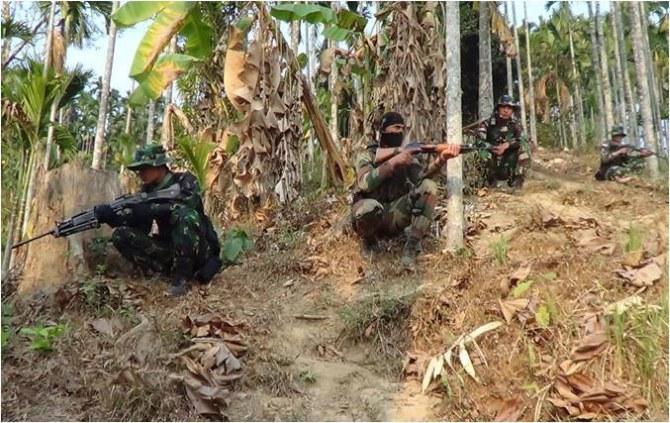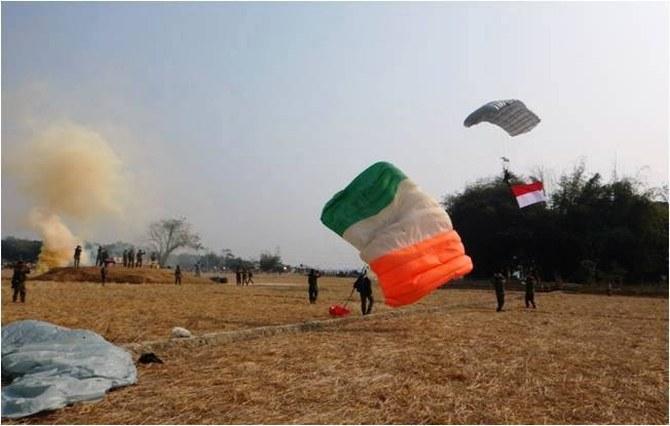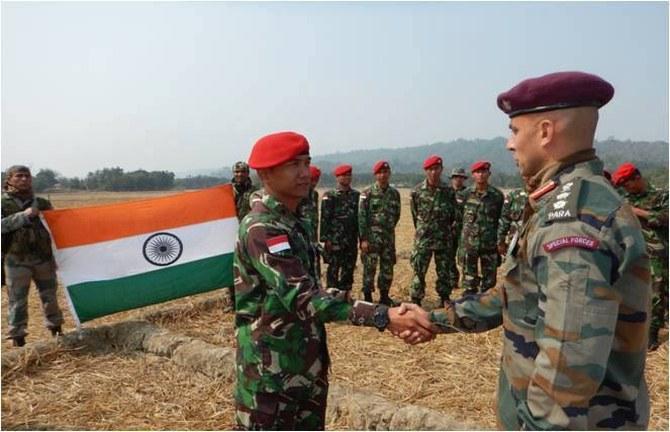 States in the region told to prepare road map to take a final call, sustainable policy support needed to make operation viable
States in the region told to prepare road map to take a final call, sustainable policy support needed to make operation viableBy Dilip Kumar Jha
Mumbai, Feb 25 : Faced with insufficient storage facility, the government might engage
private warehouses for foodgrains procurement in north-eastern states
either independently or on behalf of state agencies.
Acting on the recommendations of the high-level committee (HLC) of the Food Corporation of India (FCI), chairman C Viswanath convened a meeting of state secretaries of the north-eastern states and a couple of private players in the warehousing sector on February 17. In the meeting, they were asked to draw a road map on how to reach out to farmers for foodgrain procurement to prevent distress sale. The state governments are to give their plan to FCI by Wednesday.
According to sources, state secretaries were convinced enough on the need to engage private warehouses to commence minimum support price (MSP) operations (to buy foodgrains at MSP), considering the inadequate storage facility of FCI and state governments in the region, which produces 40 per cent of India’s foodgrains. Private players also presented their plans.
“West Bengal would welcome private players to increase the reach of benefits of MSP to the small and marginal farmers,” said state principal secretary (food), Anil Verma.
Acting on the recommendations of the high-level committee (HLC) of the Food Corporation of India (FCI), chairman C Viswanath convened a meeting of state secretaries of the north-eastern states and a couple of private players in the warehousing sector on February 17. In the meeting, they were asked to draw a road map on how to reach out to farmers for foodgrain procurement to prevent distress sale. The state governments are to give their plan to FCI by Wednesday.
According to sources, state secretaries were convinced enough on the need to engage private warehouses to commence minimum support price (MSP) operations (to buy foodgrains at MSP), considering the inadequate storage facility of FCI and state governments in the region, which produces 40 per cent of India’s foodgrains. Private players also presented their plans.
“West Bengal would welcome private players to increase the reach of benefits of MSP to the small and marginal farmers,” said state principal secretary (food), Anil Verma.
Most large farmers in the north-eastern regions, including a part of Uttar Pradesh, Bihar, West Bengal, Assam, and Odisha execute distress sale at the time of harvesting foodgrains, resulting into the middlemen building stocks when prices are low to sell on highs, thus, creating price arbitrage.
“We have some instances of distress sell in this region. However, agriculture being a state subject, the onus lies with the state governments to engage private-sector warehouses to start MSP operations on their behalf. We do not have any problem if state governments engage private players. In case private players are engaged, they will be allowed only for procurement. Transportation and distribution to the public distribution system will be controlled by respective states,” said an FCI official.
Since FCI does not have adequate storage facility, the public-sector foodgrains procurement agency does not execute any MSP operations on its own, thereby leaving no options for farmers to sell their produce. Only one crop is grown in most fields in the region due to lack of irrigation system against three crops in other agriculture-centric states. Hence, the region holds immense potential for further growth in foodgrains.
“The eastern states have a huge potential for procurement of foodgrains. That is one region that can trigger a second green revolution,” said former Agricultural Costs and Prices head Ashok Gulati, a member of the HLC formed in August last year to resolve its functional inefficiencies.
Private-sector warehouses have been active in this region for the past several years, holding massive stocks of foodgrains on behalf of their corporate or bank clients. They have proved to be cost-efficient, too.
“We suggested that the private sector could work as an agent of FCI without compromising on providing MSP to the farmers and preserving the quality of the grain. We have emphasised on the need to identify and select only credible private-sector players who would agree to make payments to farmers on account payee cheques /online transfer and who have good corporate governance practices and past experience. The agency should be selected geography-wise in a competitive transparent framework. This can cut down transport costs, provide MSP to farmers in the unserved areas and introduce efficiencies along the entire food value chain. In the poorly-served states of Uttar Pradesh, Bihar, West Bengal, Assam and Jharkhand, private-sector warehouses can play a very important role,” said Sanjay Kaul, managing director and chief executive officer, National Collateral Management Services.
For sustainable procurement, however, the government should draw a long-term road map and allow private players at least for four years to make operation viable, Kaul noted.
MUTUAL BENEFITS
-
The north-eastern region produces 40 per cent of India’s foodgrains
-
The FCI and the state governments are faced with inadequate storage facility there
-
To tackle this insufficiency, government might engage private
warehouses for foodgrains procurement, either independently or on behalf
of state agencies
-
Most farmers in the north-eastern regions execute distress sale at the time of harvesting foodgrains
-
This results in the middlemen building stocks when prices are low to sell on highs, thus, creating price arbitrage
- FCI conducted a meeting with state secretaries and private players and asked them to draw a road map on how to reach out to farmers for foodgrain procurement to prevent them from distress sale


















